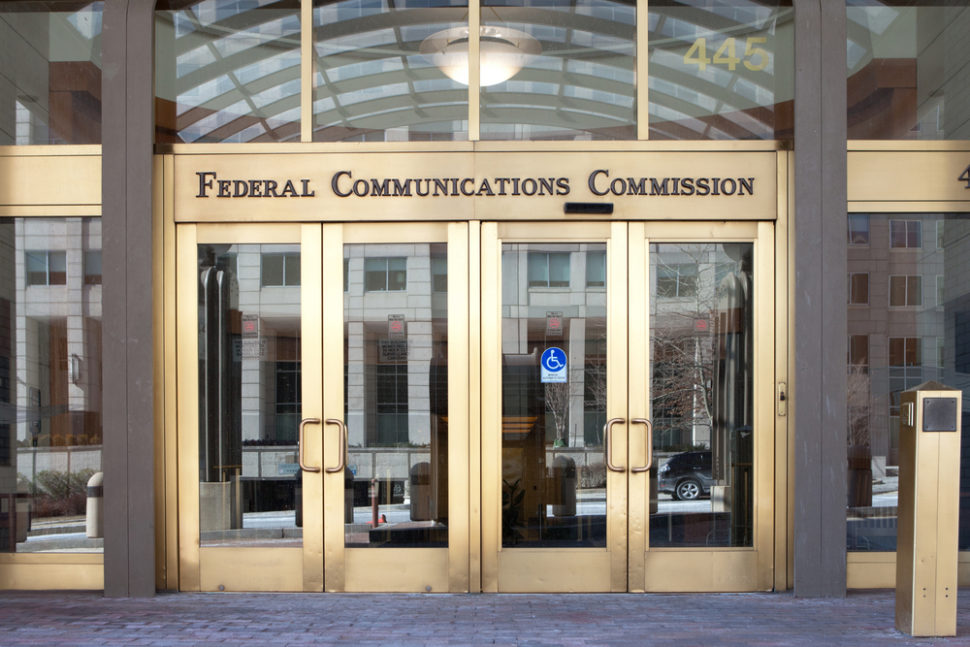The FCC just granted SpaceX’s request to deploy 7,518 more broadband satellites for its Starlink internet project.
Earlier this year, the FCC voted to let SpaceX deploy 4,425 low-Earth orbit (LEO) broadband satellites. The satellites are part of Musk’s ambitious multibillion-dollar Starlink broadband project. If successful, it will provide faster and more reliable internet service around the world.
The 7,518 additional satellites would be operating at very-low Earth orbit (VLEO) to boost capacity and reduce latency in overly populated regions. In total, the Starlink network will have 11,943 satellites orbiting Earth.
“The Commission granted SpaceX’s application with certain conditions, authorizing SpaceX to construct, deploy, and operate a new very-low-Earth orbit constellation of more than 7,000 satellites using V-band frequencies,” the FCC memorandum read.
“The Commission’s action provides SpaceX with additional flexibility to provide both diverse geographic coverage and the capacity to support a wide range of broadband and communications services for residential, commercial, institutional, governmental, and professional users in the United States and globally.”
SpaceX’s Broadband Satellites
Last February, SpaceX launched two test broadband satellites, Microsat 2A, and 2B, to validate the design and functionality of the Starlink platform for 20 months. With the success of the initial test, SpaceX would then deploy the first half of the 4,425 satellites in the Starlink constellation by 2024, and the remaining half by 2027.
Unless a waiver is granted, the FCC requires 50 percent of the satellites to be deployed within six years after giving the approval. The remaining satellites should be in orbit within nine years.
SpaceX initially requested the FCC to grant the six-year milestone only to an initial launch of 1,600 for the batch of 7,518 broadband satellites. However, the FCC turned down the request, citing that SpaceX has not provided sufficient grounds for the final implementation milestone requirement to be waived.
The first batch of satellites of the network will reportedly orbit Earth at an altitude of 1,110 km to 1,325 km. At this height, SpaceX predicts that its broadband network’s latencies would be as low as 25 ms, like with cable or fiber systems today.


















Comments (0)
Most Recent